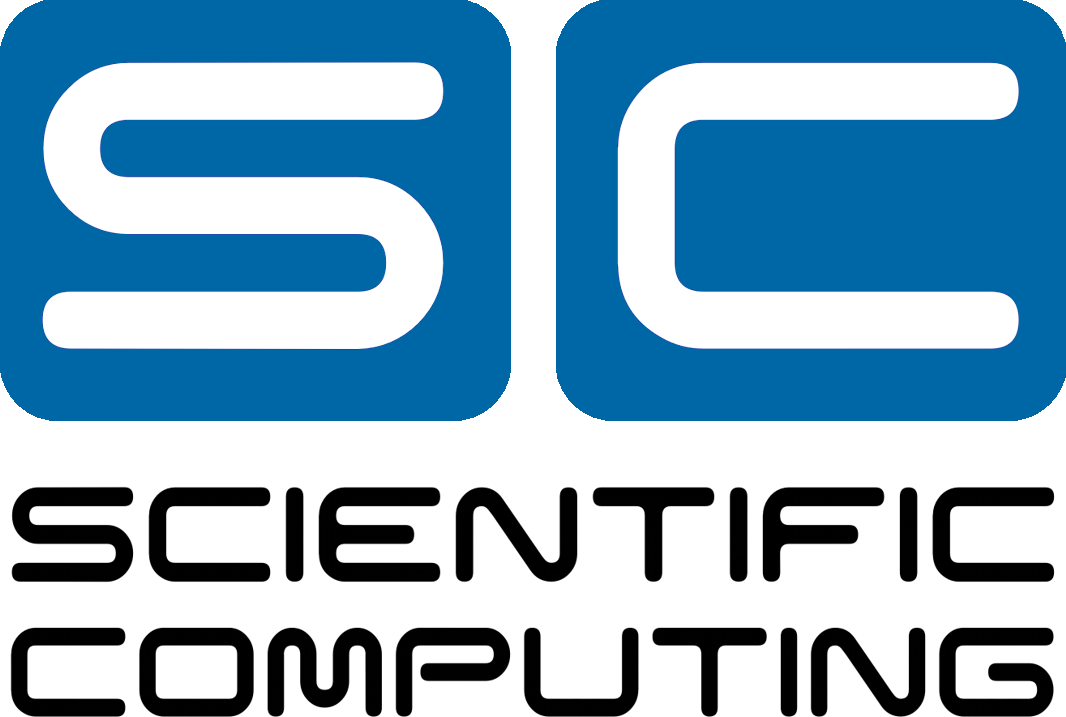Research Areas
The Institute for Scientific Computing works on various aspects of computational sciences and adjacent challenges. In our projects, we work together with domain scientists, the Hessian Competence Center for High-Performance Computing and the high-performance computing group at TU-Darmstadt's computing center to address challenges, needs and open questions from various HPC clients.
Much of our research, however, focuses on the fields of Algorithmic Differentiation, Program and Performance Analysis, and Crypto-Analysis. Especially in the fields of Algorithmic Differentiation and Performance Analysis, our institute researches tools and automation strategies with the goal to enable domain scientists to focus on their research instead of the computer science challenges that may come with it. In the field of Crypto-Analysis, we investigate the usefulness of HPC technologies for parallelized attacking schemes on post-quantum cryptography algorithms.
Algorithmic Differentiation is a technique to “automatically” compute derivatives in scientific applications. Many approaches enable this computation by, for example, exchanging the floating-point type used in the existing application with a new type that computes the original values and, additionally, the derivate values. This is particularly common for languages such as C++ by facilitating the concept of so-called operator overloading. We are interested in and work on different aspects of the general technique, i.e., program analysis, source transformation, or various performance evaluations of available techniques. We develop an AD tool for the Matlab language, ADiMat. You can find more information on AD via the web portal on automatic differentiation, www.autodiff.org.
Another research focus is the development of various tools that support users in the development and understanding of high-performance computing applications. The tools range from instrumentation techniques to investigate type correctness in MPI applications, low-overhead instrumentation techniques for performance measurement or automation frameworks to carry out performance experiments. In collaboration with the HKHLR, we can also test and deploy the techniques and tools we develop to end users on the Lichtenberg cluster at TU Darmstadt.
Using HPC machines to research the ability to break cryptographic algorithms has gained attention in our research over the past years and is another important and interesting application of large-scale machines. The application of high-performance computing and massively parallel systems is particularly interesting when researching proposed quantum-cryptography hard encription techniques. Such algorithms might be proven to be nearly impossible to break, yet their robustness is yet unknown from a practical point of view.
In addition, we are interested in questions in various related domains, such as, parallel, distributed, or cloud computing, as well as software engineering in scientific software.


